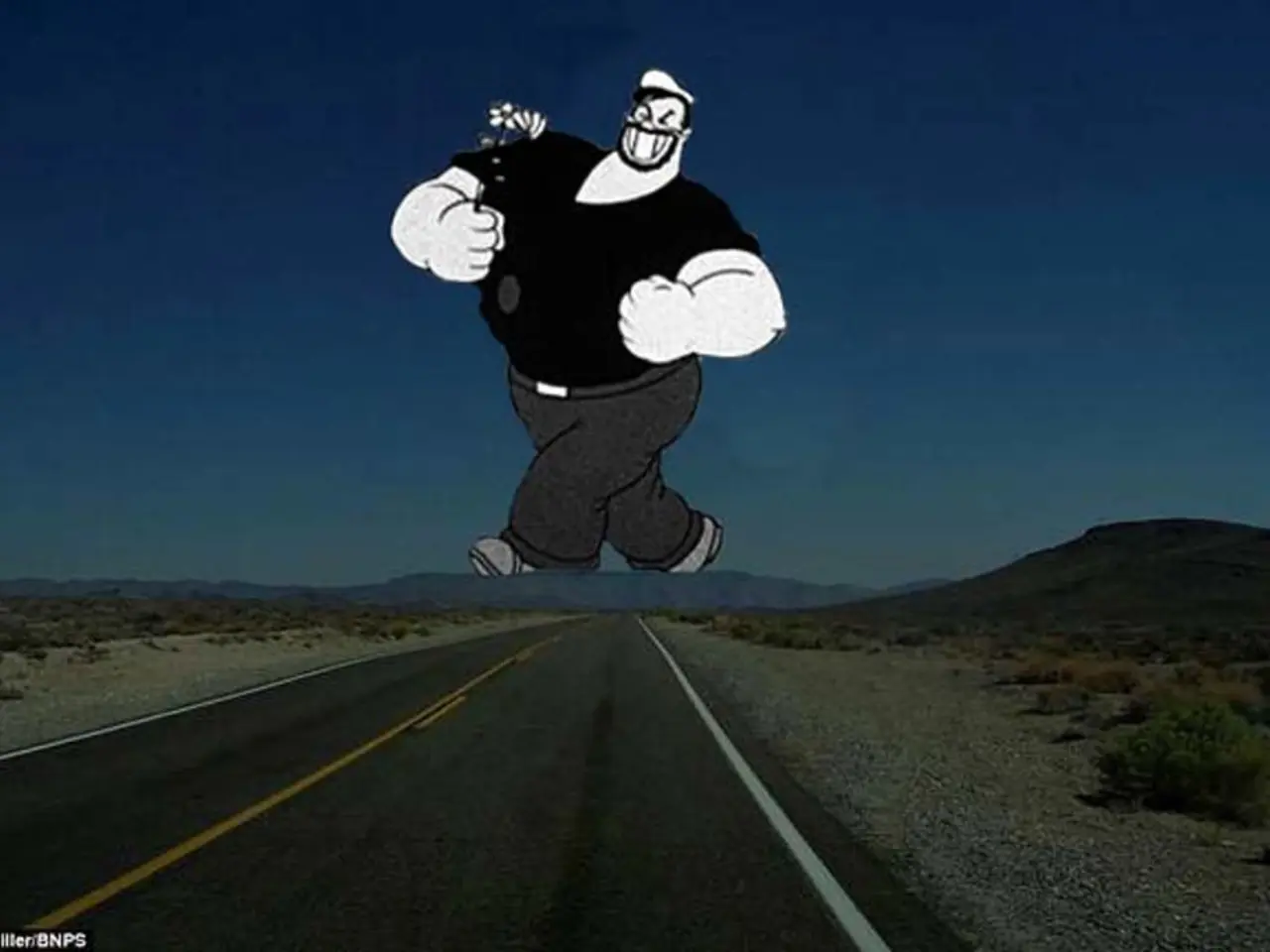Featured Cinema Selections
The world of cinema has seen a fascinating evolution over the past century, with various film movements emerging and contributing to the art form's development. This article takes a closer look at some of the most significant movements in film history and the notable films they produced.
The earliest era, the Cinema of Attractions (1890s-1910s), was marked by short, spectacular films that showcased new visual technologies and tricks. Filmmakers like Georges Méliès experimented with magic and illusion, inventing techniques such as the stop trick. Notable films from this era include *A Trip to the Moon* (1902) by Georges Méliès, a classic example of early science fiction and special effects, and *The Execution of Mary Stuart* (1895) by Thomas Edison, which featured early use of special effects in film.
The shift towards narrative cinema (1910s-1920s) saw a move away from short, spectacle-driven films towards longer, more narrative-driven stories. This period saw the development of traditional narrative structures and the rise of Hollywood as a film industry hub. A landmark film from this era is *The Birth of a Nation* (1915) by D.W. Griffith, although it is notable for its controversial content.
The French New Wave (1950s-1960s) emphasized youth culture, innovative camera techniques, and narrative experimentation, influencing various other national film movements. *Breathless* (1960) by Jean-Luc Godard is a seminal film in the New Wave movement, while *Jules and Jim* (1962) by François Truffaut is known for its non-linear narrative and experimental style.
The American New Wave (1960s-1970s) incorporated elements of the French New Wave and domesticated those techniques for mainstream audiences. Films like *Bonnie and Clyde* (1967) by Arthur Penn and *Easy Rider* (1969) by Dennis Hopper captured the youth market with their rebellious themes and violence.
The British New Wave (1950s-1960s) focused on realism and social commentary, reflecting British social issues of the time. Films such as *Saturday Night and Sunday Morning* (1960) by Lindsay Anderson and *A Taste of Honey* (1961) by Tony Richardson explored themes of social isolation and personal struggle.
The New British Wave (1990s-2000s) revitalized British cinema with a focus on contemporary social issues and a return to realism. Multicultural themes and a mix of drama and comedy were common in films like *Trainspotting* (1996) by Danny Boyle and *Four Weddings and a Funeral* (1994) by Richard Curtis.
Each of these movements contributed to the evolution of film by introducing new techniques, themes, or perspectives that influenced subsequent generations of filmmakers. The Japanese New Wave, Italian Neorealism, Impressionist Cinema, Soviet Montage, Surreal Cinema, Film Noir, Italian Futurism, Polish Film School, and Poetic Realism movements also played significant roles in this evolution.
This brief overview provides a snapshot of the rich history of film movements and the groundbreaking films they produced. Each movement showcases the creativity, innovation, and socioeconomic influences of its time, offering a fascinating insight into the evolution of cinema.
[1] The stop trick is a technique in filmmaking where an object is moved between two separate shots to create the illusion of continuous movement.
Entertainment has been a significant part of the human experience, with movies and television serving as primary mediums. The various film movements, such as the Cinema of Attractions, the shift towards narrative cinema, French New Wave, American New Wave, British New Wave, and the New British Wave, have contributed to this entertainment landscape by introducing innovative techniques, themes, or perspectives that have shaped the art form over time. ['movies-and-tv', 'entertainment']







